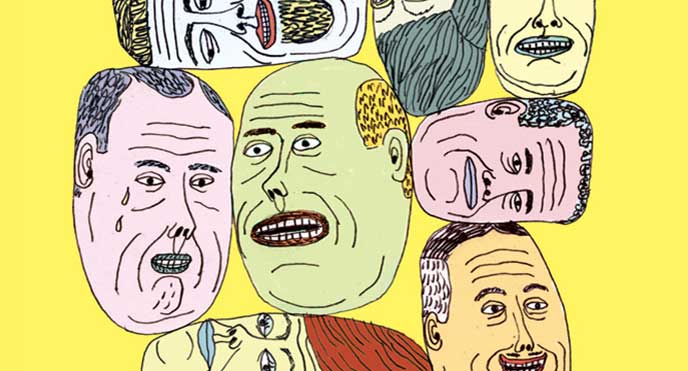The following short story is excerpted from Daniel Orozco's debut collection Orientation and Other Stories. Those are the offices and these are the cubicles. That's my cubicle there, and this is your cubicle. This is your phone. Never answer your phone. Let the Voicemail System answer it. This is your Voicemail System Manual. There are no personal phone calls allowed. We do, however, allow for emergencies. If you must make an emergency phone call, ask your supervisor first. If you can't find your supervisor, ask Phillip Spiers, who sits over there. He'll check with Clarissa Nicks, who sits over there. If you make an emergency phone call without asking, you may be let go.
-
-
Solar System for iPad is one of the few unqualified successes in the nascent, hybrid area of books-as-apps (or is it enhanced ebooks? New media texts?). Author Marcus Chown graciously and candidly answered a few questions about how such a unique property came about. Chown is cosmology consultant of New Scientist. His books include We Need To Talk About Kelvin, shortlisted for the 2010 Royal Society Book Prize. In the US, the book is published by FSG as The Matchbox That Ate a Forty-Ton Truck. -Ryan Chapman Chapman: How did the app come about? Marcus Chown: My editor at Faber—a UK publisher with strong connection with FSG, incidentally—said: "Would you be interested in doing an iPad app based on one of your popular science books?" It was early 2010. The iPad had yet to be launched but there was "buzz" surrounding Apple's device. I had never had an illustrated version of one of my books such as Quantum Theory Cannot Hurt You (The Quantum Zoo in the US) so was keen to do one. It therefore me took less than ten seconds to say to Henry, as coolly as I could: "Yes, I'm interested." A few weeks' later Henry phoned to say, by Googling, he had found a company called Touchpress, which had expertise in developing iPad apps. Touchpress was founded by Max Whitby, a former producer of Nova/Horizon; his friend from Oxford University days, Stephen Wolfram, multimillionaire creator of the computer language "Mathematica"; and American science writer Theo Gray. Gray had written the text for a stunningly beautiful, glossy book on the chemical elements called, unsurprisingly, The Elements.
